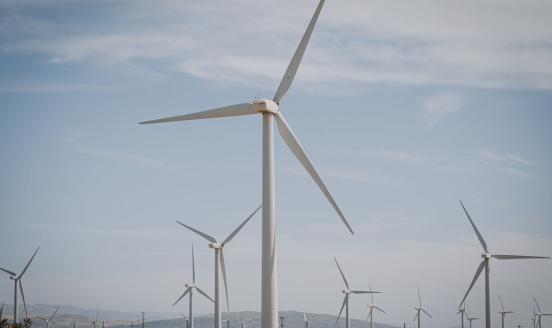Addressing Europe’s failure to clean up the transport sector
The European Union has the long-term vision to reduce its greenhouse gas emissions by 80-95 percent by 2050 compared to 1990 and it adopted in 2014 a

The issue
Under the Paris Agreement, the European Union has committed to cut its greenhouse gas emissions to 40 percent below 1990 levels by 2030. Between 1990 and 2015, emissions decreased significantly in all sectors with the exception of transport, which has seen a 20 percent increase. Transport is thus becoming a key obstacle to EU decarbonisation and more aggressive policies are needed to decarbonise this sector. A particular focus should be decarbonisation of road transport because it is responsible for more than 70 percent of overall transport emissions. Decarbonising road transport would also improve air quality in cities, which remains a fundamental challenge for better public health in Europe.
Policy challenge
So far, national and EU policies have failed to foster road transport decarbonisation. However, this trend can be reversed by adopting a new EU post-2020 strategy with three main components. First, the EU should foster political momentum and encourage countries and cities to adopt plans to ban all diesel and petrol vehicles by 2030-2040. This would be a strong signal to the automotive industry to invest more strongly in clean vehicles, and to citizens to adopt more sustainable transport modes. The EU should provide support to countries and cities that take this route though a new EU Clean Transport Fund. Second, the EU should promote a Europe-wide discussion about the future of transport taxation. Third, the EU should focus its transport-related research and innovation funding on supporting new clean technologies that are not yet viable, but are potentially key to ensure deep decarbonisation of road transport in the longer term.



